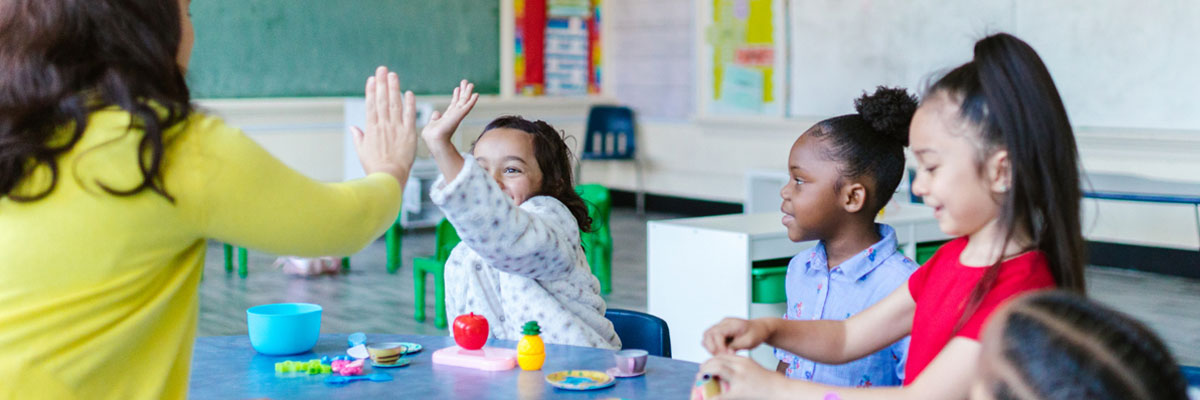Inclusive education is a core pillar of our work at Inclusion Ireland. We believe that inclusive communities have their beginnings in education. Our vision is for a time when all children get to go to school together. Read more on this vision in our report The Pathway to Inclusive Education 2023.
Article 24 of the UNCRPD places obligations on the Irish government to ensure that people with disabilities are not excluded from education on the basis of disability and can access education on an equal basis with others.
20 years after it was initially passed, the Education for Persons with Special Educational Needs Act (EPSEN Act) has yet to be fully commenced. In the current public consultation, Inclusion Ireland highlighted the immediate need to commence those parts of the Act that would entitle children to have:
- An educational assessment of their needs.
- The development of an Individual Education Plan (IEP) is based on this assessment.
- The delivery of education support is detailed in the plan. An independent appeal process.

In 2022, the Children’s Ombudsman received over 1800 complaints, a third of these being about school or education issues. Bullying and special education provisions were the most common ones received. The Ombudsman highlighted the difficulty of tracking how money is spent due to the lack of clarity around Budget follow-up. He declared that” it is not possible to accurately say how much the State spends on children due to inadequate data gathering”. Moreover, he criticised the way money was spent stating that “Last September the Government announced a phenomenal €11bn budget expansion for 2023, but so far this has not been directed towards the key supports and infrastructure needed by children”
Exclusion from school
Many children with additional educational needs face restrictions to their right to education while at school. The measures to restrict access to education can go from short school days or reduced timetables to permanent exclusion from schools. Many children on short school days are missing certain subjects partially or entirely and are being denied their legal right to education.
In 2019, Inclusion Ireland released a report on short days and their impact on children and families. According to this report:
- One in four children with an intellectual disability or developmental disability such as autism has been put on short school days.
- Half of the children put on short school days had that reduction for 20 days or more, with many suspensions extending to years without a medical reason and against their parent’s wishes.
- Most of these arrangements for short school days were made on the basis of a child’s ‘challenging behaviour’ and without consulting experts outside the school.

In our survey this year for Pre-Budget 2024, 27% of the 250 respondents who have a child with an intellectual disability indicated that their children have been attending/were attending school on a reduced timetable or for a shorter school day. 2% of the respondents mentioned that their children have been expelled from school in the past.
Read more about our Budget 2024 Submission here.
At Inclusion Ireland we call for:
The amended EPSEN Act is supported by a multi-annual and fully costed plan to move towards a fully inclusive model of education over the next 10 years. This would entail:
- Reduction of class sizes to under 20 pupils by reducing teacher/pupil ratio.
- Availability of therapeutic supports within school environments. This is almost non-existent at present. The National Council for Special Education (NCSE) is given annual funding for 39 therapy posts each year as part of the School Inclusion Model (SIM). We call for this funding, at a minimum, to become regularised in budget 2024 and for a pathway to be created towards the wider rollout. Children with higher support needs (no matter where they go to school) should be able to access therapies.
- Provision of comprehensive, rights-based training for teachers and Special Needs Assistants (SNAs) this should include universal design for learning, rights-based approaches for supporting children in crisis and how to make sure the school environment is accessible for all children.
- Funding to train educators and school staff against the use of seclusion. Restraint should never be used as an intervention with a child as it breaches their fundamental rights.
- Provision of career guidance to disabled children across all settings. Additional SNAs in mainstream schools.
You can read more about your right to education in our resource section here.






